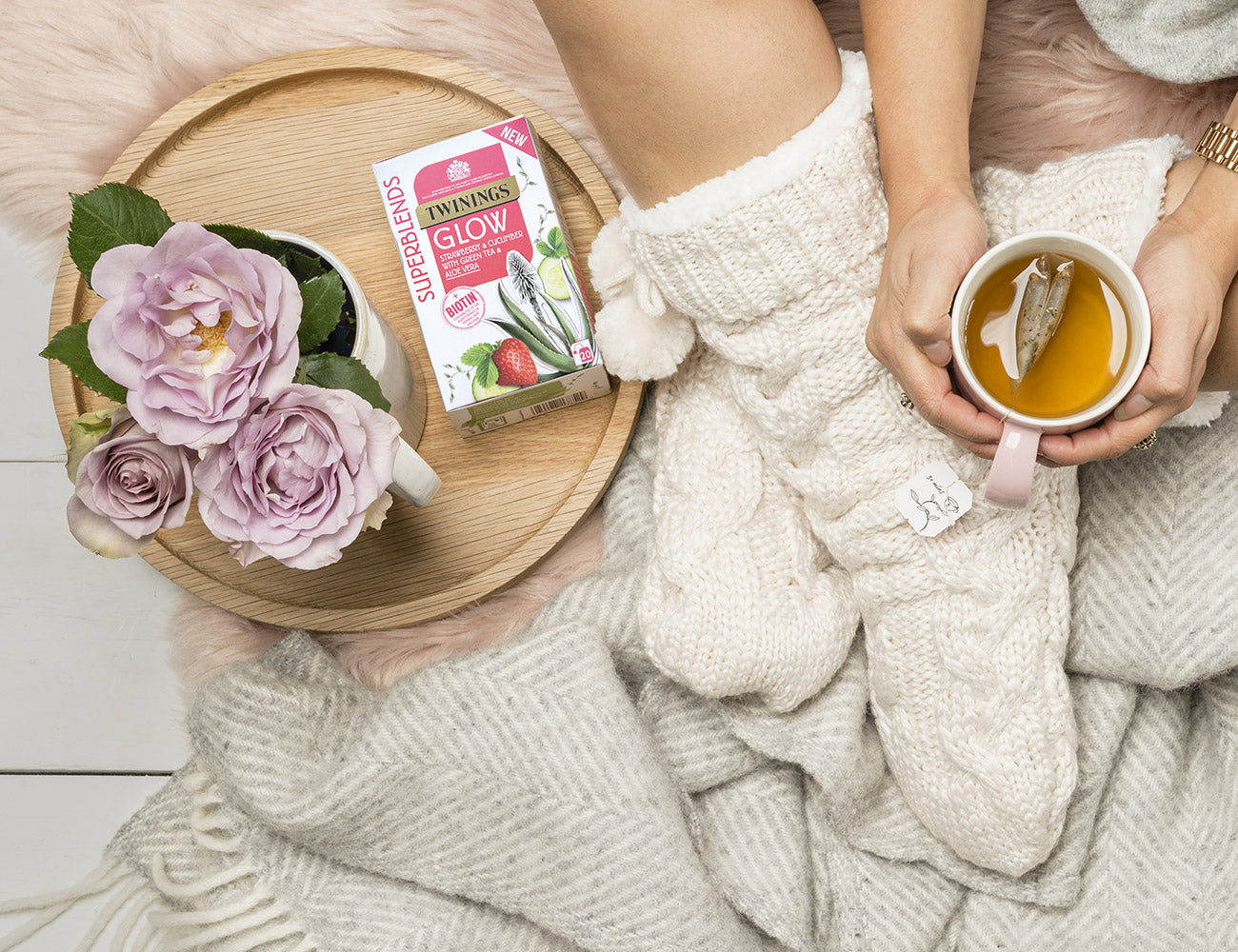Vitamin D - Why You Need It & How to Get More
Despite its name, vitamin D is actually a hormone produced by our bodies when it’s exposed to the sun or through certain types of food or supplements. Its primary function is to control calcium levels within the body and absorb phosphorus.
Sunny Side Up
This clever vitamin helps to keep our bones and teeth strong. Alongside maintaining and regulating our calcium levels, it’s also an essential factor in keeping our immune system healthy and ready for action.

Which One's Which?
To make this vitamin (that’s actually a hormone!) even more complicated, there are two different forms of vitamin D; D2 and D3,
- D2 - made by plants, such as wild mushrooms
- D3 - made via our skin when it’s exposed to sunlight or from eating types of fish, eggs, meat and dairy
According to the NHS guidelines, 10 micrograms per day is enough for most people or 4,000 IU, so how do you know if you’re getting enough?
Make No Bones About It
So, if you’re looking for more ways to add some natural sunshine to your diet, here are some ways to up the D. Whilst we’d all love a prescription to escape to warmer climes for that much-needed holiday, there are ways to create your own sunshine and give your body a boost.
Look On The Bright Side
It’s not called the “sunshine vitamin” for no reason. One of the best and most potent forms of natural vitamin D is sunshine. When your skin is exposed to the sun, your body uses it to make vitamin D. Even if you can’t see it; it’s always there, so get out for a walk on your lunch break or grab that cup of tea and take five outside when you can. Every little really does help.

Something Fishy
Fatty fish and seafood, such as tuna, mackerel, sardines and oysters, are a great sources of vitamin D and are rich in omega-3 fatty acids. So why not try these delicious cured salmon nibbles as a tasty way to add some sunshine to your diet?
Make Room For Mushrooms
Chanterelle, oyster, shiitake and morel mushrooms all contain natural vitamin D once exposed to sunlight. And provide a non-fortified dose of natural vitamin D. This is due to being exposed to UV sunlight. And, if you want to up your mushroom game, pop your mushrooms or the windowsill with the stalks facing the sun and let them soak up those rays to increase the levels of vitamin D.

Feel Fortified
Nowadays, many foods are fortified with vitamin D, from orange juice and cow’s milk to plant-based milks, yoghurts, and even cereals. Worried you’re not getting enough sunshine? Kick-start your morning with some fortified cereal with milk, or make a hearty bowl of porridge with some fortified plant-based milk.
Brew Up
According to the NHS guidelines, our bodies should create enough vitamin D from sunlight between early April to late September; after that, you may need to supplement.
Look on the bright side and give yourself a natural boost by spending more time outdoors, eating plenty of foods rich in vitamin D and adding a supplement to your diet.





